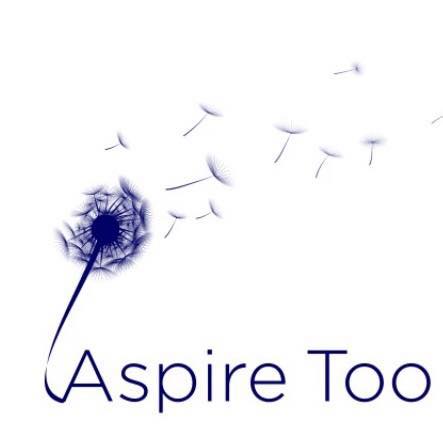Being a Better Friend to Yourself
Being a better friend to yourself sounds like an odd idea initially because we naturally imagine a friend as someone else, not a part of our mind. But there is value in the concept because we already know how to treat our friends well, with empathy that we neglect to apply to ourselves. We do not often think about it, but everyone has voices in their heads. Sometimes the inner voice is encouraging, urging you to calm down because it will all be okay in the end. But sometimes, the inner voice is simply not very nice at all; it is negative and panic-ridden. Where do inner voices come from? An inner voice always used to be an outer voice. We absorb the tone of others and internalize the unhelpful voices, and over time, their repeated messages got lodged in our way of thinking.
Part of achieving happiness involves altering our inner voices. It requires seeking equally convincing, helpful and constructive varieties of voices over long periods and taking care to internalize them. They may be the voice of a friend or a therapist. Voices that we need to hear often enough that they come to feel normal and natural, and eventually, they become our thoughts. The best sort of inner voice speaks to us gently and kindly. Our heads contain the voices of all the people we have ever known. We should learn to mute the unhelpful ones and focus on the voices we need to guide us through life.
Imagining how a good friend would treat us can provide a model for what we should ideally be doing with ourselves in our heads. Firstly, a good friend knows we are good enough already and accept us the way we are. They also keep in mind certain things we are getting right and do not think anything wrong with the odd compliment and emphasis on our strengths. It is troubling how easily we can lose sight of all our good points when troubles strike. The friend does not fall into this trap; they can acknowledge our difficulties while still holding onto the memory of our virtues. The good friend is compassionate when we fail, as we will. They convey that to fail and screw up is just what we humans do.
In time, we can start to question the unfriendly inner voice. Is it fair to say that our lives are worthless? Yes, we have messed up, but do we truly deserve no compassion or forgiveness? Would we ever think of treating a friend the way we treat ourselves? To retrain ourselves, we need other people who can love us and fill our minds with different perspectives. We need to dare to lean on them and ask for their help in taming the nasty voice inside. We need to be kind to ourselves and annoyed with those who did not know how to show us tenderness. Of course, we need to upgrade ourselves and try harder, but the real achievement is to be gently and generously on our side.
It is ironic, yet essentially hopeful that we usually know quite well how to be a better friend to near-strangers than we know how to be to ourselves. The hopefulness lies in the fact that we already possess the relevant skills of friendship. It is just we have not yet directed them to the person who needs them the most, ourselves.
Yours in Solidarity,
Adijat Adekunle, BA. BSW. MSW. RSW (SK)
Clinical Counsellor | Registered Social Worker
